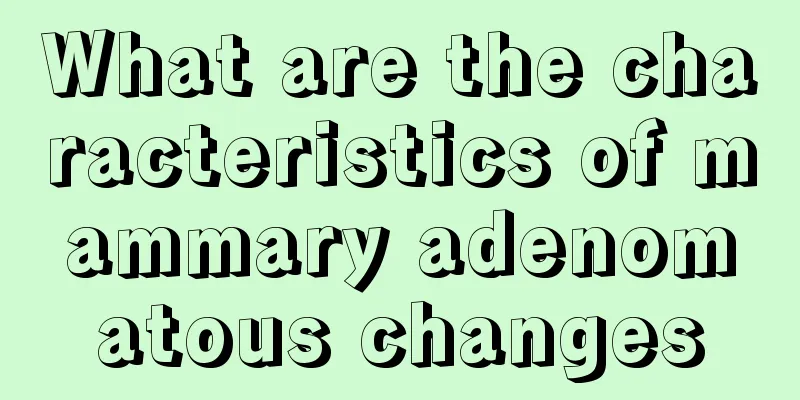Vertigo caused by the ears? You will understand after reading these

|
Vertigo is a disease that many people suffer from in life. Most of the causes of this disease are related to the ears. Why do I say that? Let’s take a closer look at it below. Vertigo caused by the ears 1. Otolithiasis Otolithiasis is the most common clinical condition and most patients seek treatment in the otolaryngology department. The symptoms of vertigo are related to the head position, with a sudden onset and continuous vertigo at the beginning, which then eases after a few days and turns into paroxysmal vertigo. However, when the head is in a certain position, dizziness will occur and may last for tens of seconds. The dizziness may be alleviated or disappear when turning or reversing the head position. Marked nystagmus may be present, and the duration of vertigo varies greatly. 2. Meniere's disease The clinical manifestation is intermittent and recurrent attacks of vertigo, with intervals ranging from days to months to years. It often occurs suddenly, with vertigo reaching its most severe level at the beginning, aggravated by head movement and eye opening, often accompanied by falling, and a state of panic due to the violent sense of rotation and movement, accompanied by tinnitus, deafness, nausea, vomiting, pale complexion, slow pulse, decreased blood pressure and nystagmus. Each attack lasts from a few minutes to a few hours, and some can persist for several days. Fatigue and drowsiness after each attack. How to treat Otolithiasis 1. The use of vestibular inhibitors, such as ceramide, phenergan, etc. 2. Secondary otolithiasis should be treated causally. 3. Postural therapy. 4. Tube stone release method. 5. Tuballith reduction method. 6.Epley reduction method: This method usually only needs one time, it is simple and effective. 7.CH-BPPV otolith repositioning method. Meniere's disease 1. Drug treatment can include vestibular nerve inhibitors, anticholine drugs, vasodilators, diuretics and dehydration drugs, glucocorticoids, and vitamins. 2. Experimental studies on middle ear pressurization therapy have shown that changes in middle ear pressure can affect the pressure and flow in the inner ear. In 2001, Densert of Sweden reported that the use of a portable middle ear pressor (Meniett device) to treat Meniere's disease can control patients' vertigo symptoms in the short or long term. 3. Chemical labyrinthectomy refers to the use of the ototoxicity of aminoglycoside antibiotics to destroy the vestibular function of the inner ear to achieve the purpose of treating vertigo. 4. Surgical treatment of Meniere's disease can be considered after drug therapy fails. There are many types of surgeries, such as endolymphatic sac surgery (endolymphatic sac decompression, endolymphatic sac shunt); stellate ganglion closure; for those who have lost their ability to work and live due to vertigo, and children with hearing loss, labyrinthectomy and vestibular nerve nectomy can be selected. |
<<: Don't ignore the pain in your little finger joint, it may be a heart problem
>>: If you have these symptoms, you may be suffering from esophagitis.
Recommend
What is the reason for girls' excessive hair growth?
With the arrival of summer, the temperature is gr...
Menstrual leave postponed for 6 days
The general menstrual cycle is 28 to 30 days. If ...
When do mulberries mature? (Flowers bloom from March to May, and fruits mature from April to June)
...
What does elevated alpha-fetoprotein mean during pregnancy?
Generally speaking, adults have very little alpha...
What is the reason for the decrease in fetal movement at 33 weeks of pregnancy?
As women, we shoulder the mission of bearing chil...
What is the cause of blood streaks after masturbation?
Masturbation refers to the stimulation that adult...
Is it safe to have sex on the 6th day of menstruation?
Some people think that the period after menstruat...
Can I detect pregnancy with a test strip four days after my period is delayed?
Some couples hope to conceive as soon as possible...
Early pregnancy stomach pain like menstruation coming soon
We all know that women will not have menstruation...
Quick Guide to Treating Critically Ill Patients Infected with COVID-19 (First Edition)
1. Introduction: COVID-19 is a highly contagious ...
Introduction to moderate chronic cervicitis
Speaking of cervicitis, it should be said that it...
How to clean your lower body every day
Gynecological diseases are one of the common dise...
Can I eat salt during confinement?
During the confinement period, some pregnant wome...
What to do if a girl is bald
The symptom of baldness in girls is so serious th...
Blood like leucorrhea during menstruation
Menstruation is a very normal physiological pheno...









